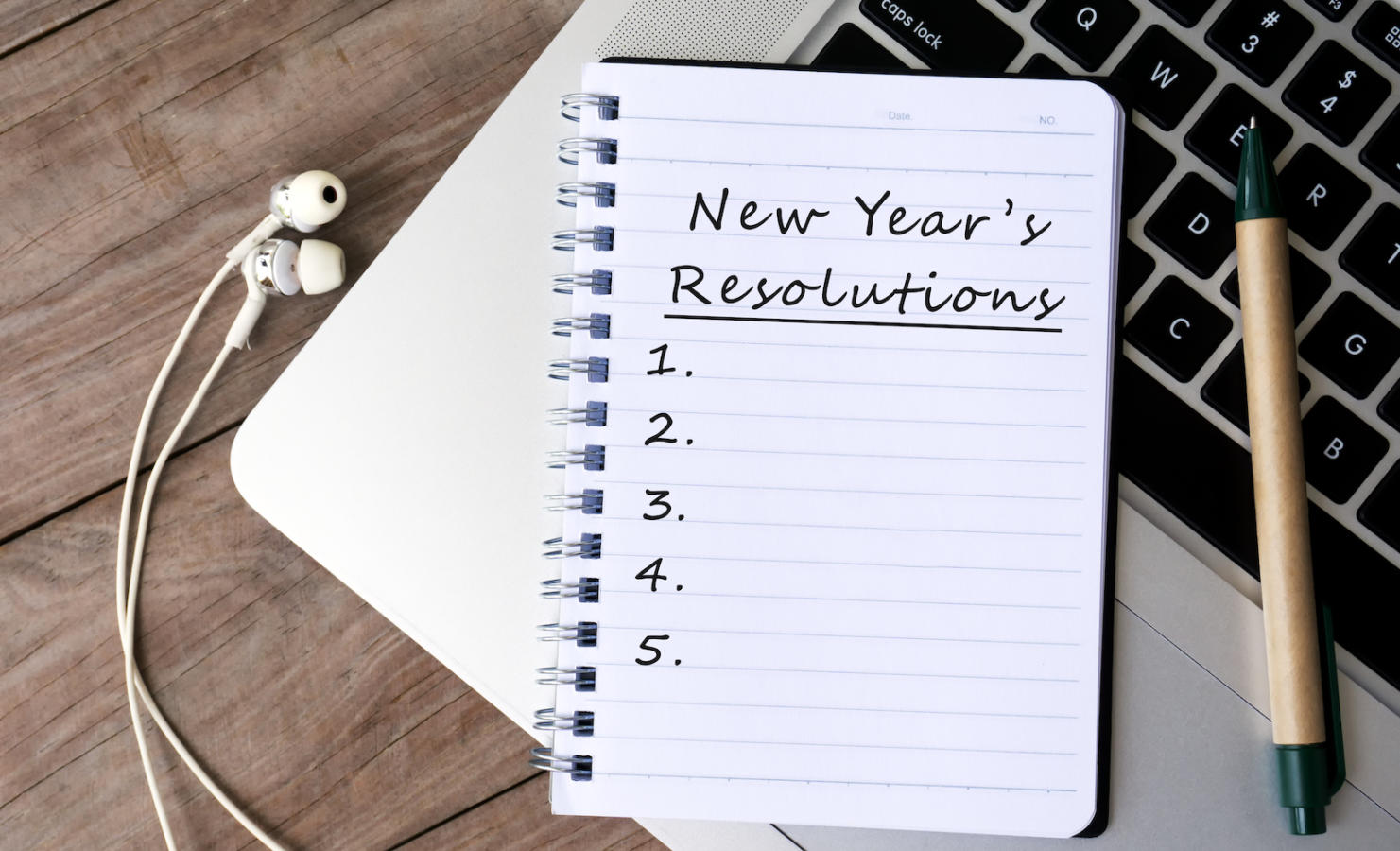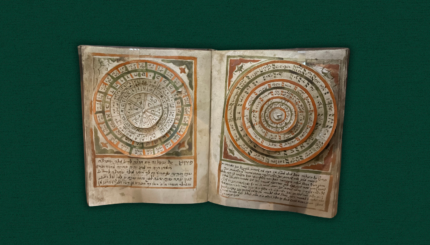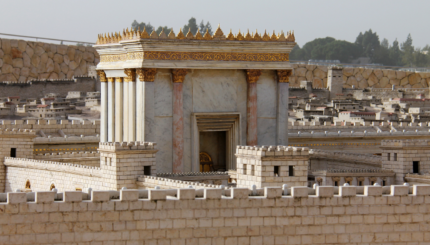Every New Year’s, people make determined resolutions to change in the coming year, to become the 2.0 version of who we were last year. We resolve to be healthier, better people, determined to make all of the necessary adjustments to make that a reality. But how common it is to find ourselves reconsidering our commitments within months or even days of having made them?
The resolutions themselves, aren’t necessarily the issue. Often failure comes from feeling that we have gotten in over our heads, or that we can’t commit to change for the long haul.
Ancient Jewish wisdom offers some sage advice for helping us attain our goals. A Jewish life, anchored in the rhythms of the year, can help us set benchmarks and assess our progress. While the Gregorian calendar marks only one new year’s, the Jewish calendar marks four such occasions. The flow of the year is literally built on the tides of renewal.
Here is what our tradition says about the four new years:
With your help, My Jewish Learning can provide endless opportunities for learning, connection and discovery.
The four new years are: On the first of Nisan, the new year for the kings and for the festivals; On the first of Elul, the new year for the tithing of animals; Rabbi Eliezer and Rabbi Shimon say, on the first of Tishrei. On the first of Tishrei, the new year for years, for the Sabbatical years and for the Jubilee years and for the planting and for the vegetables. On the first of Shevat, the new year for the trees according to the words of the House of Shammai; The House of Hillel says, on the fifteenth thereof. (Mishnah Rosh Hashanah 1:1)
Most people today observe only two of these occasions: the first of Tishrei is Rosh Hashanah, the Jewish new year as we know it, and the 15th of Shevat is Tu Bishvat, widely celebrated as a kind of Jewish Arbor Day. But the four new years, even if not widely observed, hint to a way of living that privileges fresh starts, opening us to the possibility of shifting our priorities, fine tuning our awareness, or even scrapping a whole plan and starting again. The calendar allows us to approach our goals dynamically, engaging in a process of forgiving ourselves when we miss our mark.
In addition to the four new years, the more common reset button of Jewish life is Rosh Hodesh, the celebration of the new month. The new month is so significant it is considered the first commandment given to the Israelites before they left Egypt: “This month shall mark for you the beginning of the months; it shall be the first of the months for you.” (Exodus 12:2) To help the Israelites break out of their slave mentality, they had to take control over the way they marked time. To be truly free, they had to take time into their own hands.
Calibrating our intentions to the resetting of the moon anchors our own experiences in universal time. Each new moon is an invitation to make a break or take a fresh look at how far we have come. There are diets or habit-change programs built on 21 or 28 day cycles.
Making a resolution forever, or even for a whole year, can prove untenable. But setting our resolve for a shorter increment of time can help see us through a small or even major change. Giving ourselves a month or a quarter might actually help us achieve a taste of the success we are looking for.
If nothing else, we can commit to being moon watchers, gaining our inspiration from the cycles of the natural world, taking in the tides of time that have captured the imagination of our people through the ages. Together with an appreciation of the rhythm of the Jewish calendar, we can learn to trust in a process that allows us to continually assess our goals and keep ourselves on a path of growth and personal exploration throughout the year.
Rabbi Danielle Upbin teaches widely on Jewish spirituality, meditation and yoga. She is also the associate rabbi and prayer leader at Congregation Beth Shalom in Clearwater, Florida. Her musical release, “Reveal the Light,” is available on Amazon, iTunes, and Spotify or through her website, danielleupbin.com.



